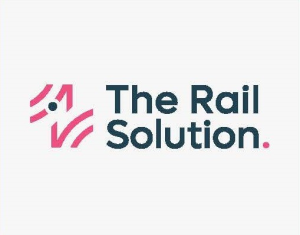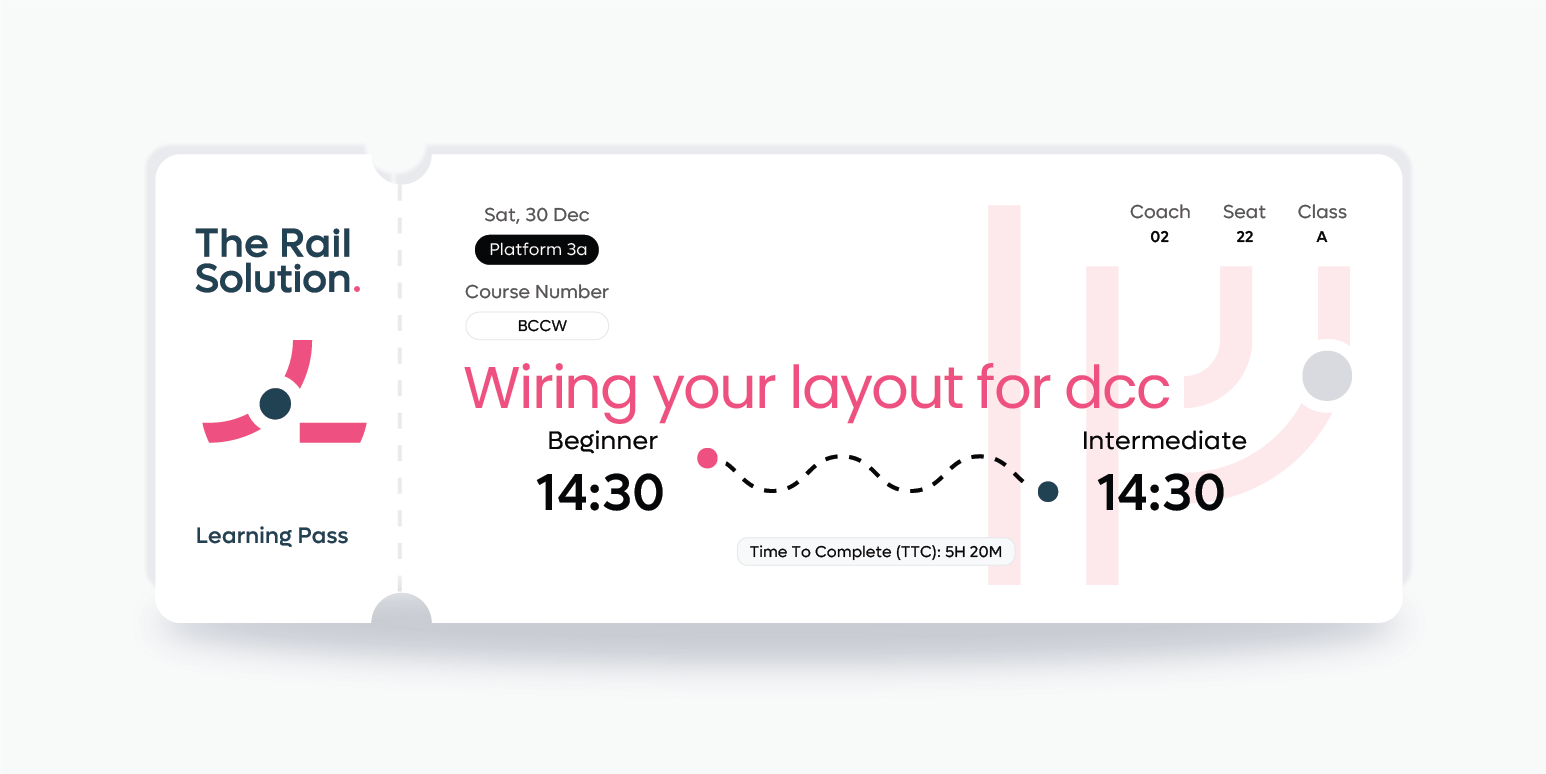
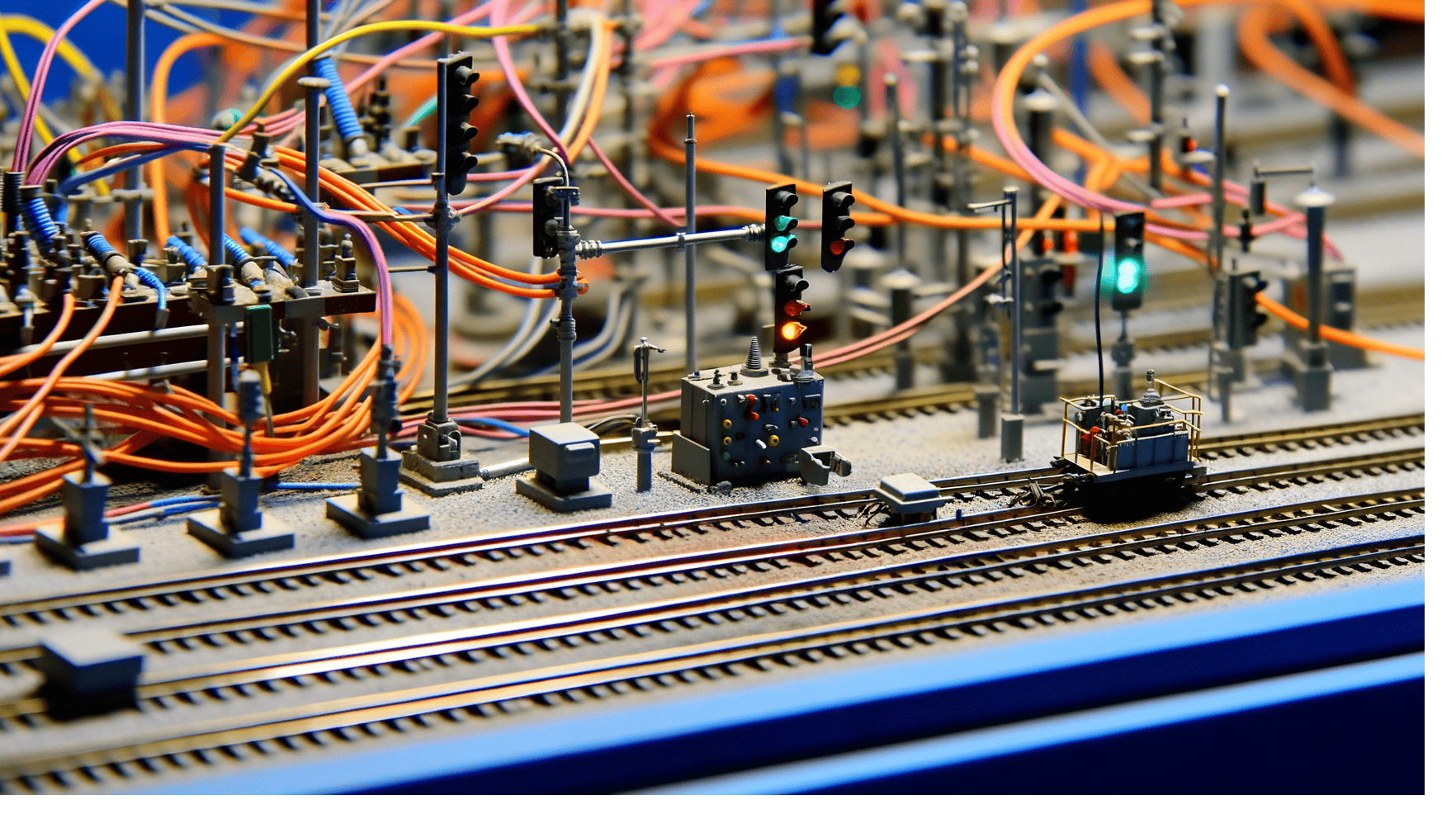 This practical course focuses on the often-overlooked art of cabling within layout designs. Participants will gain essential skills for safely and effectively wiring various components, including understanding electrical buses, identifying different wire types, and wiring turnouts.
This practical course focuses on the often-overlooked art of cabling within layout designs. Participants will gain essential skills for safely and effectively wiring various components, including understanding electrical buses, identifying different wire types, and wiring turnouts.
The course covers concepts such as reverse and hidden loops, emphasising not only the methods but also the rationale behind them and exploring alternatives.
Designed for beginners, but useful for those with more experience, the course provides a structured approach to demystifying electrical layout work, ensuring clarity and confidence in navigating wiring challenges. Each section concludes with multiple-choice questions for self-assessment, reinforcing understanding while progressing through a comprehensive educational journey. Through this course, complex topics have been simplified, allowing learners to apply practical knowledge with ease.
With this structured approach, and step-by-step explanations with ample examples, learners are equipped with the knowledge to effectively operate and programme their layouts. By utilising multiple-choice questions, participants can reinforce their understanding in a self-paced environment.
Cost: £55.00 |
Buses and power Switches and relays Voltage drop and ampacity Accessory Bus Track isolation The reverse loop Programming track Boosters Crimp connections Polarity switching |
Electrofrog Vs Insulfrog Modifying a turnout The Uni-frog turnout Rail Crossings Circuit breakers Block sections Shuttle control Lighting Layout Modules Multimeters |
| Allow: Course: 5 Hrs 30 Min. Quizes: 1 Hrs 10 Min. |
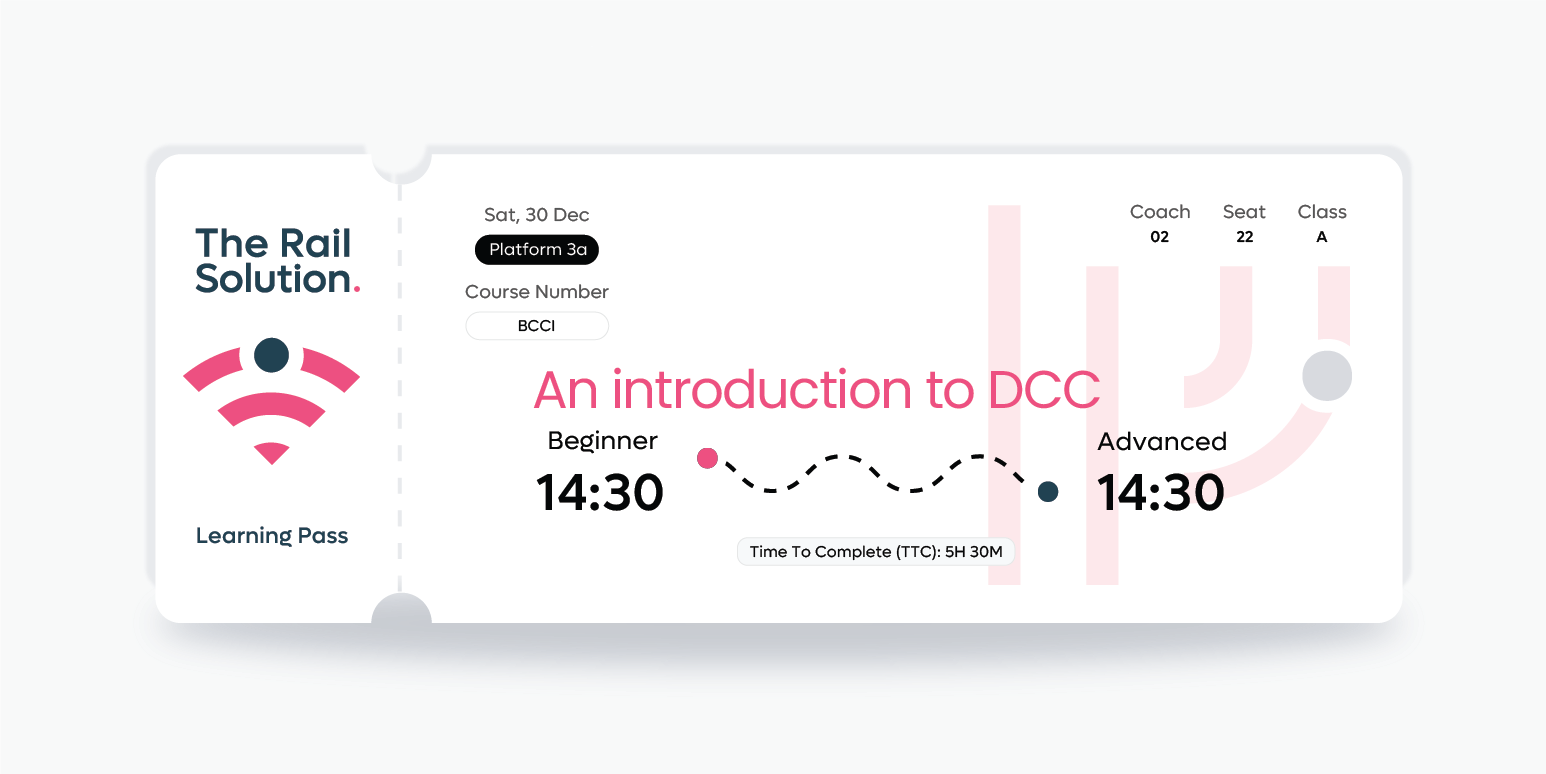
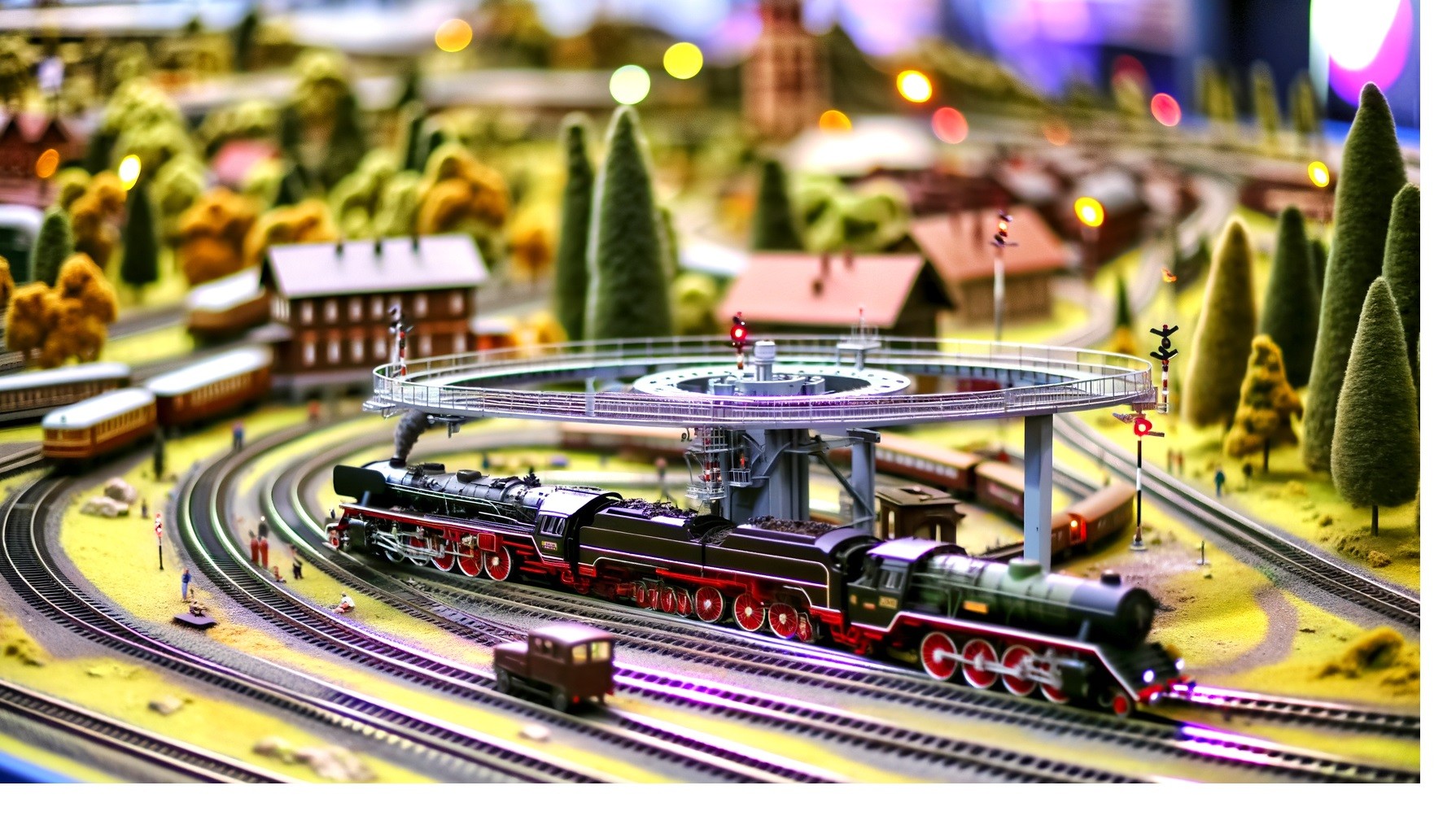 This course offers a comprehensive introduction to Digital Command Control (DCC) for both newcomers to model railways and those considering a transition from traditional layouts. Participants will learn the essential components of DCC, including operation, wiring, and setup. Enabling them to manage multiple locomotives with ease, utilising either a throttle or smartphone.
This course offers a comprehensive introduction to Digital Command Control (DCC) for both newcomers to model railways and those considering a transition from traditional layouts. Participants will learn the essential components of DCC, including operation, wiring, and setup. Enabling them to manage multiple locomotives with ease, utilising either a throttle or smartphone.
The curriculum covers not only operational techniques but also the creation of realistic railway scenarios through programming decoders, customising locomotive functions, and integrating sound and lighting effects.
By the end of the course, attendees will possess the foundational skills necessary to enhance their model railway experience and impress peers at club meetings. Each section concludes with multiple-choice questions to reinforce understanding, promoting a structured learning journey that builds confidence and skills progressively.
Cost: £55.00 |
A quick history of DCC Decoder types and installation Friendly, Ready, or DCC Fitted? Decodes and addressing The DCC ready locomotive Installing a decoder Functional items Setting-up a new decoder Decoder types and installation |
Introduction to wiring techniques Bus wiring and Power district wiring Wiring problems and troubleshooting Using DCC to light your layout The possibilities of Automation Locomotive detection Computer control |
| Allow: Course: 4 Hrs 30 Min. Quizes: 0 Hrs 90 Min. |
